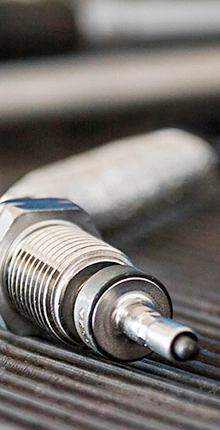 Perfect Protection of Components
Perfect Protection of Components
Exhaust Gas Temperature Sensors (EGTS) monitor the temperature of the exhaust gas, ensuring that exhaust gas cleaning components achieve optimal conversion rates. Niterra has been developing EGTS for OE and the Aftermarket for many years.

285 part numbers from OE to IAM covering 61 million cars

Efficient engine, turbo charger, and environmental protection

Measurement range from -40°C to 900°C

Easy to stock and select with clever packaging solution
 3:18
3:18



Featured
June 2025
How Tim Tramnitz plans to follow idol Sebastian Vettel to Formula 1’s starting grid







